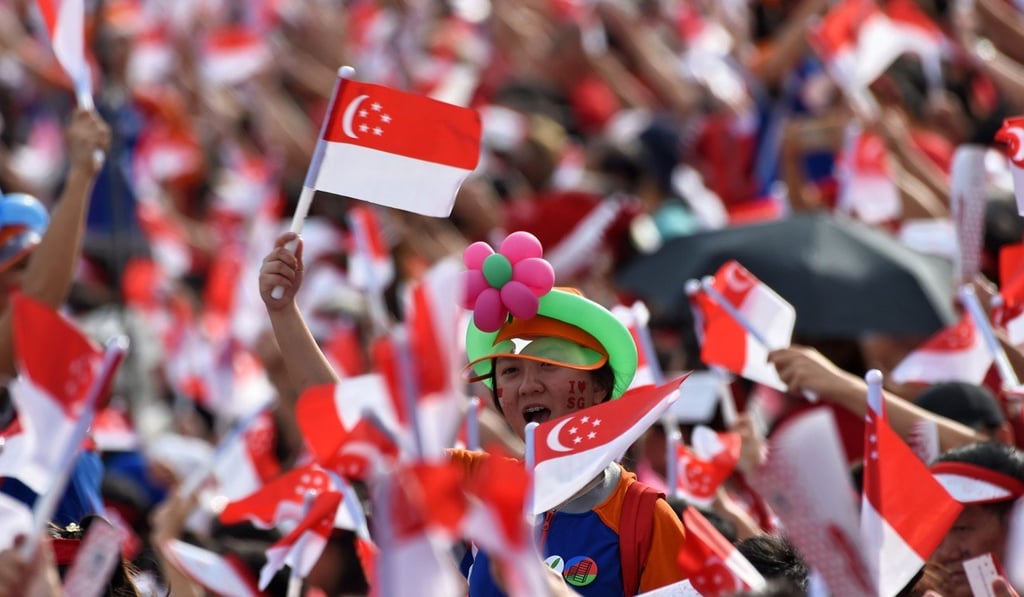Advertisement
Is Singapore Prime Minister Lee Hsien Loong about to call a snap election?
- Lee Hsien Loong has until April 2021 to call the next vote
- With headwinds from the US-China trade war hitting Singapore and economic clouds gathering, talk is in the air that now may be the best time
Reading Time:5 minutes
Why you can trust SCMP

Politicians are again talking about listening more to the people, feel-good National Day celebrations are around the corner, and not too far away, economic storm clouds are gathering.
Among the cognoscenti versed in reading the tea leaves of Singapore’s largely opaque politics, some believe this cocktail of happenings means only one thing – the time is ripe for the ruling People’s Action Party (PAP) to call a snap general election.
Prime Minister Lee Hsien Loong has until April 2021 to call the next polls, and, for the most part, commentators believe he is likely to do so early next year.
Advertisement
The 67-year-old leader is poised to hand over the reins to his deputy Heng Swee Keat soon after the next election. In power since 2004, the coming vote will be Lee’s fourth as head of the party, which was co-founded by his father Lee Kuan Yew – the city state’s independence leader.

Advertisement
Following a somewhat rare behind-the-scenes jostle within the PAP for the top job, Heng emerged as the heir apparent after internal elections last year. He was made deputy prime minister last month – effectively making him the prime minister-in-waiting.
Now, with fresh economic data signalling a recession for the city state, as it reels from the effects of the US-China trade war, there is growing talk that the vote could be brought forward. One school of thought is that the PAP, in power for six straight decades, is the ultimate political safe haven – and voters, even fence-sitters, are likely to back the party in droves during a time of uncertainty.
Advertisement
Select Voice
Select Speed
1.00x